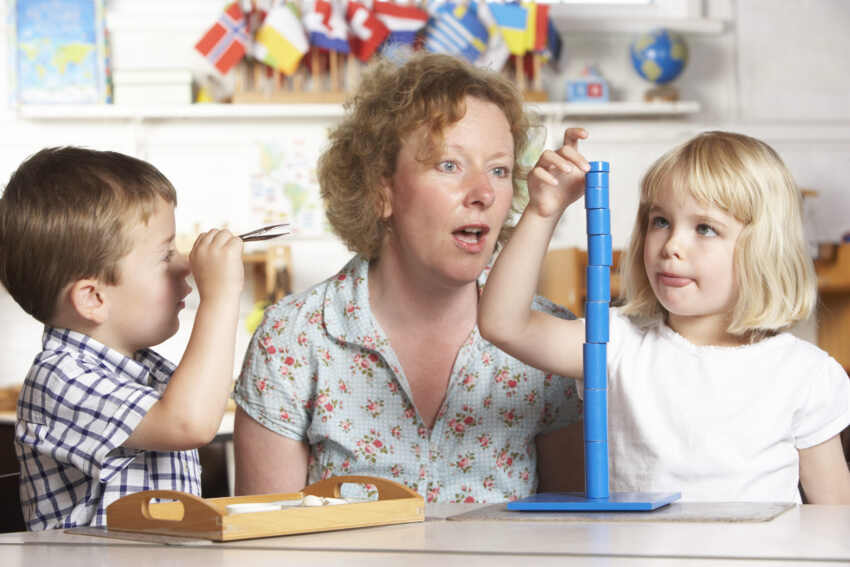The Role of Montessori Measurement Materials in Nurturing Critical Thinking Skills
In the Montessori education system, measurement is an important component of the curriculum. Montessori measurement materials play a crucial role in nurturing critical thinking skills in children. The hands-on approach in using these materials enables children to develop logical reasoning, problem-solving abilities, and analytical thinking.
Benefits of Montessori Measurement Materials
Montessori measurement materials offer numerous benefits in fostering critical thinking skills:
1. Concrete Learning
The use of tangible measurement materials allows children to have direct experiences with concepts such as length, weight, time, and volume. They can visually and physically interact with the materials, making abstract concepts more understandable and tangible. This concrete learning experience stimulates critical thinking, as children can explore and manipulate the materials to understand the principles of measurement.
2. Problem-Solving
Montessori measurement materials present children with various problems to solve. For instance, when using the measurement beads, they can determine how many units or fractions they need to measure a specific length. This encourages critical thinking as children evaluate options, experiment with different combinations, and analyze their results to arrive at the correct measurement.
3. Integration of Subjects
In a Montessori classroom, measurement is integrated with other subjects such as math, science, and language. This interdisciplinary approach allows children to apply critical thinking skills in different contexts. For example, measuring ingredients during a cooking activity requires them to follow instructions, convert units, and make accurate calculations.
4. Problem Identification
Montessori measurement materials also enable children to identify problems that need to be solved. For instance, when using the balance scale, they can recognize when objects are not balanced due to unequal weights. This observation challenges them to investigate and find solutions by adjusting weights and comparing the results, thus enhancing critical thinking abilities.
5. Self-Directed Learning
In the Montessori environment, children are given the freedom to choose activities that interest them. The measurement materials offer engaging and interactive experiences, making children more motivated to explore and discover on their own. This self-directed learning promotes critical thinking as children take initiative, make decisions, and reflect on the outcomes of their actions.
Montessori measurement materials play a significant role in nurturing critical thinking skills in children. By providing concrete learning experiences, encouraging problem-solving, integrating subjects, promoting problem identification, and fostering self-directed learning, these materials empower children to become independent thinkers and lifelong learners. Through their interaction with these materials, children develop the ability to analyze, reason, and make informed decisions – skills that will benefit them throughout their academic journey and beyond.
Nidhin
For More Details Call: +917510220582

